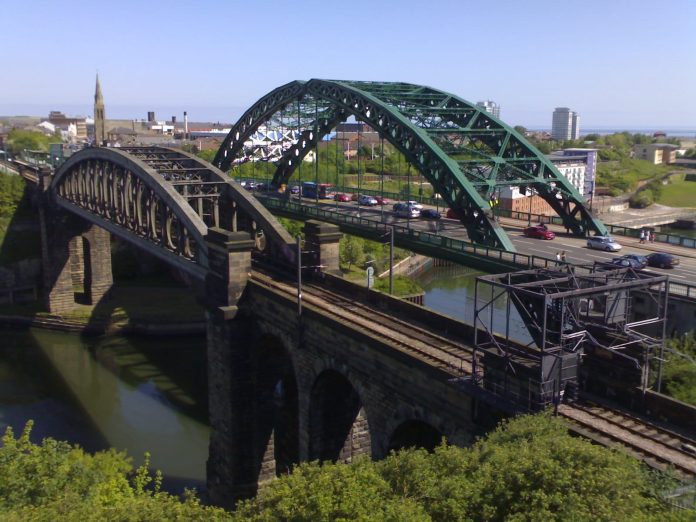The city of Sunderland in the UK is looking to establish a ‘strategic consortium’ and procure a “strategic delivery partner” to establish the country’s first city-owned ‘neutral host’ network for 5G and fibre. It wants to lease space on the network to mobile operators and develop its own smart city services.
The city council has appointed law firm Bevan Brittan to advise on its engagement with the private sector, and on the “make-up and procurement” of the consortium to deliver the project. The procurement process starts immediately; it will have recruited all partners to start deployment by early 2021, it said.
It intends to be the first local authority in the UK to build a ‘neutral host’ mobile and fixed networks for 5G and fibre. Patrick Melia, chief executive at Sunderland City Council, made clear its “strategic consortium” will achieve “timely delivery of cutting-edge 5G connectivity across the city.”.
He said: “Our focus is to forge a new direction to live, work and thrive in our connected, international city of Sunderland. The continuing rollout of our ultrafast 5G network will augment Sunderland’s position as a global digital force and enhance opportunities for all across our smart city.”
Sunderland has one of the “poorest ultrafast broadband penetrations of all UK cities”, said Bevan Brittan. It has also failed so far to draw the attention of mobile operators’ 5G investments, which have focused on urban centres with greater commercial pulling power.
“Current market investment plans are limited to certain areas of the city only based on purely commercial considerations. Poor fibre penetration throughout the city also impedes the ability of mobile operators to deliver high speed 4G and 5G connectivity,” it said.
As such, and emboldened by recent projects to deploy experimental combinations of 5G and Wi-Fi 6 networks for outdoor and indoor coverage in around the city centre, and in certain other districts and venues, the city council appears to have taken matters into its own hands,
It follows the examples of Dublin in Ireland and Cascais in Portugal, which have both engaged with Dense Air, a subsidiary of network infrastructure vendor Airspan, to build neutral-host 5G smart-city networks using its own local spectrum holdings at 3.6 GHz. Dense Air controls its own mid-band spectrum in Ireland, Belgium, Portugal, New Zealand and Australia.
Sunderland wants to be a “truly smart city”, it said, and has identified “ubiquitous high-speed” fixed and wireless connectivity as a prerequisite for such an ambition. The proposed neutral-host infrastructure will be available for the city’s own digital projects, to connect public services, and also for local enterprises, including for Industry 4.0 initiatives.
Richard Lane, partner at Bevan Brittan, said: “[The project] holds the potential to bring huge benefits to the people and city of Sunderland, providing ultrafast connectivity, enabling smart city technologies and benefiting businesses. Sunderland is the first council to create a project to launch its own 5G network.
“With the Department for Digital, Culture, Media & Sport and Ofcom encouraging authorities to look at alternative models of this sort, we can expect many other councils around the country to be watching Sunderland’s project closely.”
Bevan Brittan will advise on the process, including legal models and structures for the delivery of the project, the content and drafting of the procurement and transaction documents, negotiations with bidders, evaluations of the tenders received, and final negotiations with the preferred bidders.

